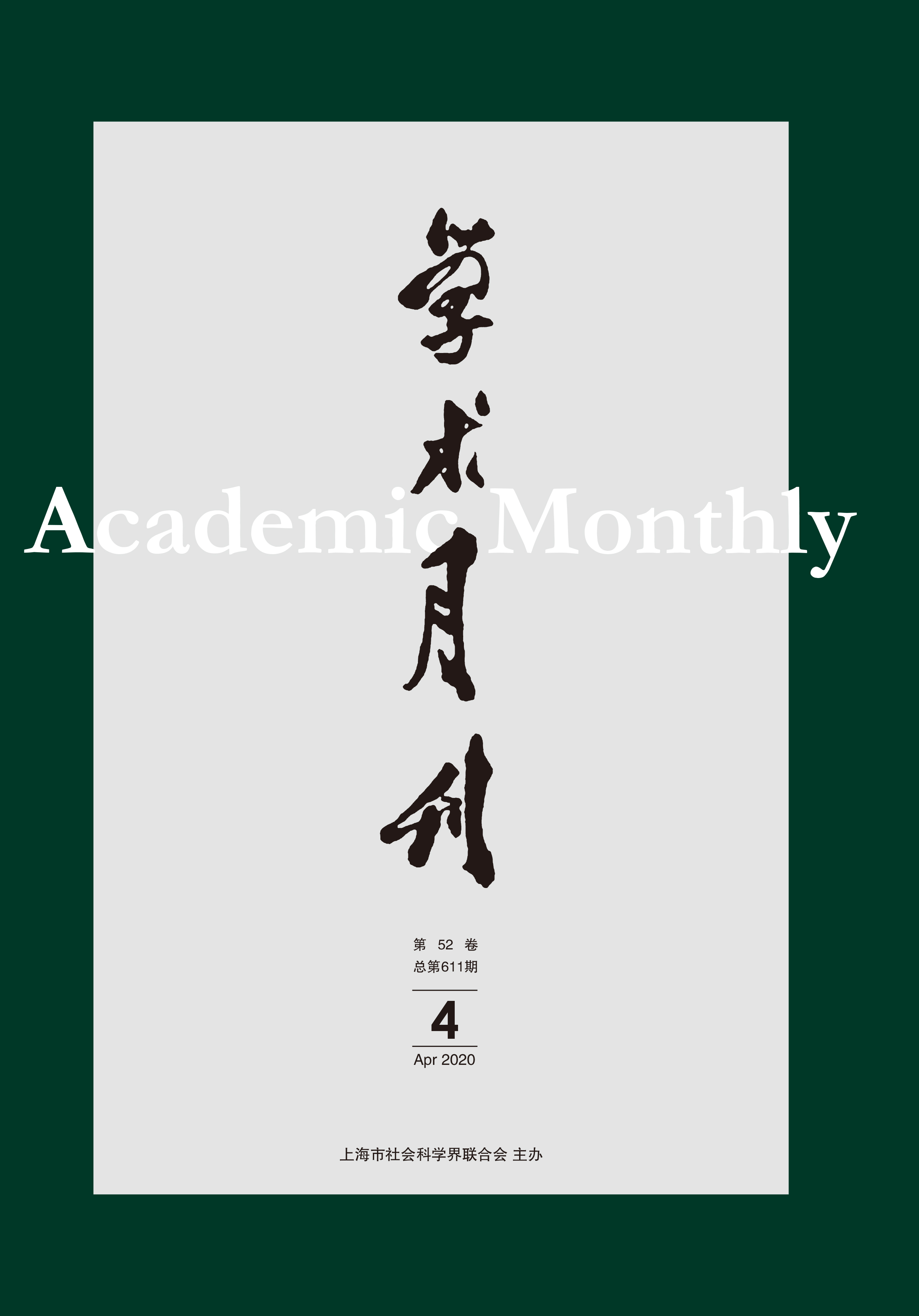Citation:
Jie CHEN. The Rumor Politics and Cultural Operation[J]. Academic Monthly, 2020, 52(4): 169-184.

The Rumor Politics and Cultural Operation
-
Abstract
Under the leadership of Zhang Yuanji and Wang Yinian, the China Times (《时事新报》) was originally created to inculcate the knowledge of national politics and law and prepare for constitutionalism in late Qing Dynasty. However, under the influence of Wuchang Uprising, with the change of mind of Zhang Jian, Zhang Yuanji and other people and the internal division of the Constitutional Party, it was one of the newspapers in Shanghai which actively participated in the revolutionary propaganda to stir up the revolutionary tide, especially cooperated with the Commercial Press to edit and publish a large number of books and periodicals, such as Revolutionary Documents, Chinese Revolutionary Records and Revolutionary Party Biography, which had a great social impact at that time. In addition to the ideological revolutionary tendency of the Constitutional Party and the strong political atmosphere in Shanghai, it is necessary to give full consideration to the pressure of the rumor politics put by revolutionary party on the China Times and Commercial Press at that time. In the press ecology created by the revolutionary pressure, the China Times and Commercial Press not only proved their political posturing and revolutionary tendency through their own cultural operation, but also relieved the huge pressure brought by the rumor politics of the revolutionaries.
-

-
References
-
Access
-
-
[1]
ZHOU Wu
. . Academic Monthly,
2018, 50(6): 146-165.
-
[2]
,
. . Academic Monthly,
2016, 48(10): 180-184.
-
[3]
Weimin MO
. The Implications of Political Philosophy in Michel Foucault’s “Hospital Space” Thought. Academic Monthly,
2019, 51(5): 15-23.
-
[4]
Li Lei
. . Academic Monthly,
2018, 50(5): 154-162.
-
[5]
Luming QIU
. Event, Process and Political Culture. Academic Monthly,
2019, 51(10): 160-171.
-
[6]
. . Academic Monthly,
2016, 48(02): 108-126.
-
[7]
Youquan OUYANG
, Zhen DENG
. The Origin, Shaping and Forward Path of Chinese ACGN Culture. Academic Monthly,
2020, 52(3): 132-140.
-
[8]
. . Academic Monthly,
2017, 49(05): 74-89.
-
[9]
LI Jingkui
. Labor Contract Law,Enterprise Boundary and New Labor Dual Market. Academic Monthly,
2023, 55(8): 61-79.
-
[10]
Xin YU
. Knowledge, Belief and Political Order: The Historical Writing of Aurora in the Medieval World. Academic Monthly,
2022, 54(12): 176-190.
-
[11]
Guoqiang YANG
. Politics of Literati-officials: Political Power and Culture of Imperial Examination System. Academic Monthly,
2021, 53(11): 200-216.
-
[12]
Rong MA
. “Barbarian” Domination in the Core Area in the History of Cultural and Political Interactions in China. Academic Monthly,
2019, 51(2): 167-175.
-
[13]
Weili LI
. Neo-Danweism: the Nexus Politics in Contemporary Chinese Grassroots Governance Structure. Academic Monthly,
2019, 51(8): 78-88.
-
[14]
ZHOU Tianyong
. A New Mathematical Logical Framework for Explaining China’s Economic Growth—— Analytical Approaches Based on Distortion Differences in Dual-track System. Academic Monthly,
2023, 55(11): 39-51.
-
[15]
. . Academic Monthly,
2017, 49(03): 121-130.
-
[16]
. . Academic Monthly,
2016, 48(03): 157-164.
-
[17]
. . Academic Monthly,
2017, 49(12): 162-171.
-
[18]
Min LOU
, Shuji CAO
. Finance, Land Rights and Fiscal Tax:The Operating Mechanism and Environment of Taidian in Sichuan Province from late Qing to the Republic of China. Academic Monthly,
2020, 52(2): 159-172.
-
[19]
ZHANG Zhenguo
. A Study on Daofu Asking for Instructions and Daily Government Affairs in the Qing Dynasty— Also on Instructions Writing and Its Characteristics. Academic Monthly,
2023, 55(5): 202-216.
-
[20]
ZHAO Shuai
. The Founding of The New China and Its “Newspaper-politic Network”. Academic Monthly,
2023, 55(12): 173-190.
-
-



 沪公网安备 31010102003103号
沪公网安备 31010102003103号 DownLoad:
DownLoad: